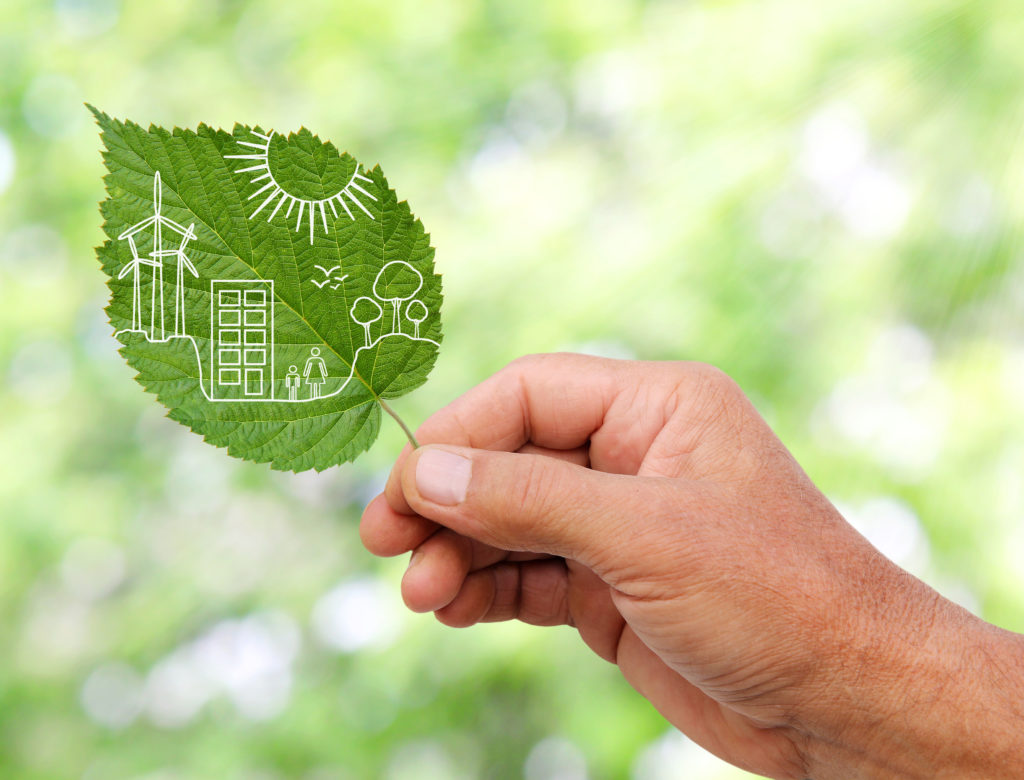
This article was first published in Energy Now December 2016
As a dedicated renewables energy team we have helped many farmers, landowners and developers get their projects off the drawing board and onto the ground. To give a project the greatest chance of success, there are several issues that should be considered before the process starts.
Understand the technology: No matter what technology you use, it is important to understand it. For example, although it might appear simple to install an anaerobic digester on your land in order to process your farm waste, the biological processes and computing skills that lie behind the modern AD plant are complex. We have found that a good number of AD installations have failed because the installer did not understand the biology and failed to get the mixes correct. Our white paper entitled ‘The critical first 180 days in the life of an AD plant’ provides practical guidance on how to maximise performance. Do your homework before you commence the process of putting the project together. Investment on early training is money well spent.
Finance: The cost of installation can be large. Are you in a position to fund and run it until the cash flow commences? It is important to carefully weigh up the risks of raising investment by using your farm or land as security.
Risk: For most people there is a desire to limit their risk and exposure when raising finance and they create a separate company (known as a Special Purpose Vehicle or SPV) to fund and run the project. However this will require land to be leased or transferred to the SPV so that the project can be installed. This may have tax consequences for you so it is important to take specialist advice from your accountant and solicitors. This is an early consideration and not one to be left to the last minute after you have already purchased your equipment.
Due diligence: If a bank is going to lend on your project or you are entering into it with partners then there will be a due diligence process. Your bank or partner’s solicitors will spend a lot of time and money in examining every piece of paper that you have. We have found that sometimes the process falls down because the landowner has not put the original documents into the correct names or the lease has been drafted by solicitors who do not undertake this area of work on a regular basis or that important issues have just not been addressed. It is crucial to factor in the time and cost of due diligence.
Grid connection: Do you own the land between your project and the connection to the National Grid? Check your title deeds right at the beginning – so many people don’t do this and find themselves being held to ransom at the last minute and pay huge sums for the right to lay a cable through small parcels of land. If you know from the outset that will need a neighbour’s consent then get this agreed and documented early on and make sure that the cost of this consent (including the neighbour’s legal fees) are included in your cash flow.
Managing the project: Will your renewable energy project need to be managed on a daily basis and do you have the time and resources to do this? Will you need to employ someone to do this work for you? If so, do you know where to recruit such a person and will you be able to deal with PAYE and employment contracts? How will you cope if that important person leaves?
Partnership: Given the issues above, you may want to partner with someone else to do a project on your land. If so you will want to have some sort of Joint Venture Agreement in place which sets out how you share risk and reward and what happens if disagreements are encountered.
Working with adjoining landowners: Hydro projects very often require a number of landowners to come together to undertake a project. Sometimes these projects are undertaken with a spirit of ‘community’. However, you need to consider if it is possible to have consensus decision making or do you need a ‘leader’ who imposes decisions? It is useful to agree how you would deal with disputes and how to bind everyone into a project, which in the case of hydro is likely to last for over 50 years.
Neighbours and local community: Although surveys have shown that a majority of the population support renewable energy projects, when it comes to one being installed in the field next to their house their reaction is often different. It can be helpful to spend time talking to your neighbours and community to explain the project to them. You need to be a salesman – another skill you did not know you needed!
With careful planning and involving advisors experienced in renewable energy at a very early stage, a renewable energy project will stand its best chance of success.
For further advice and information on this topic please contact our Renewables Team on 01392 210700 or email renewables@stephens-scown.co.uk
